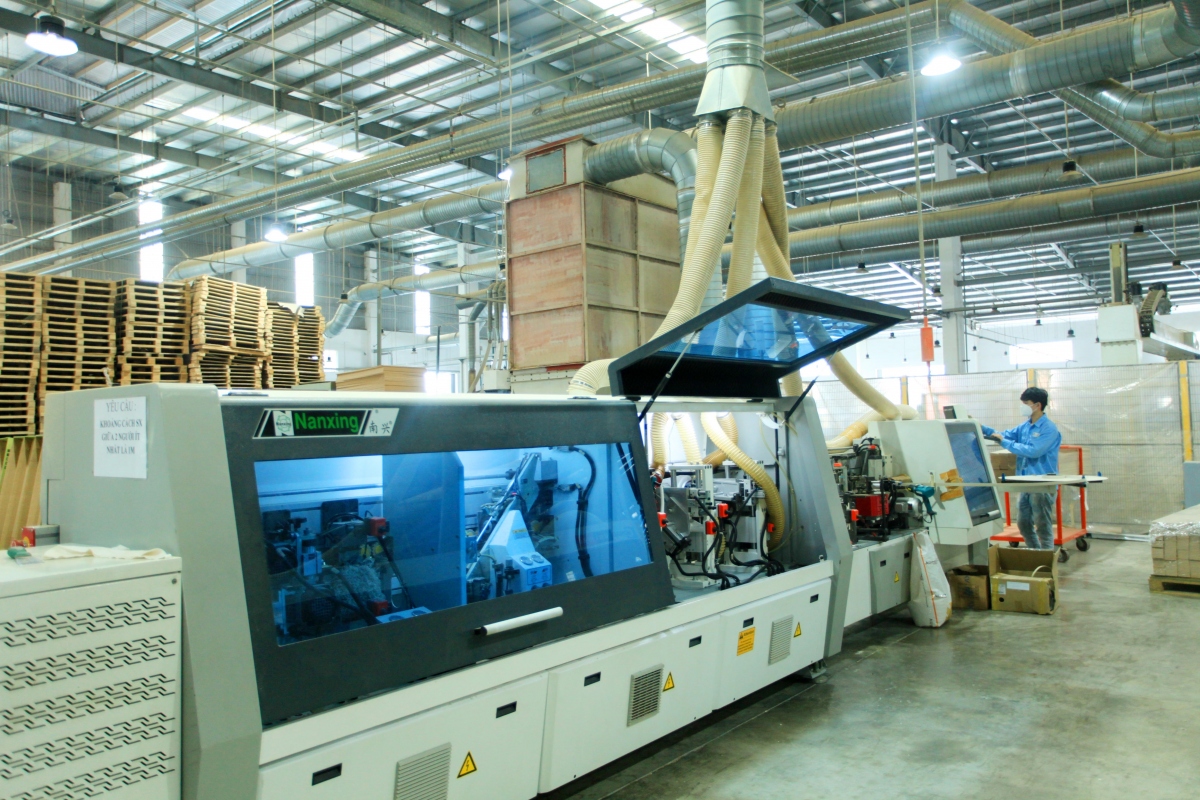Screening tool to bump up FIE quality
A checklist for appraisal of foreign-invested ventures in Vietnam will help the country woo desired foreign funding.

The Vietnam Chamber of Commerce and Industry (VCCI) and the United Nations Development Programme (UNDP) in Vietnam launched a set of strict standards for Vietnam to select high-quality foreign direct investment (FDI).
The new tool, known as the Foreign Investment Screening Instrument, comes at an opportune moment, as the government has identified responsible investment as one of the five priority areas of Vietnam’s National Action Plan on Responsible Business Practices.
“Localities in Vietnam will now have this tool at their disposal. It can provide practical, evidence-based information to promote responsible business and sustainable development when deciding on whether to approve incoming investments,” said Dau Anh Tuan, vice general secretary of the VCCI.
The screening instrument consists of eligibility, risk, and alignment assessments. These provide flexibility to local authorities to assess investments based on the specific circumstances of their localities while, at the same time, setting certain minimum requirements that are needed to foster a responsible business environment.
Ramla Khalidi, UNDP resident representative in Vietnam, said, “If the toolkit is accompanied by monitoring and data collection, then this initiative could also inform future policy development. In this respect, authorities can record data on investment appraisals and the reasons for approvals or rejections and monitor the performance of approved investments.”
FDI screening can play an important role in how new investments contribute to sustainable development, and ensuring businesses act responsibly. The UNDP supports Vietnam to retain its position in global supply chains and contributes to achieving its Sustainable Development Goals, added Khalidi.
Foreign-invested enterprises (FIEs) have significantly added to job creation, international trade promotion, formed cluster and value chain links, and improved labour productivity in recent years. It is estimated that the export value of FIEs is equivalent to about 72% of Vietnam’s total export turnover, contributing to Vietnam’s trade surplus.
Although FDI is one of the important resources for economic development, FIEs’ operations have also encountered inadequacies. According to the deputy director general of the Ministry of Justice’s International Law Department, Lai Thi Van Anh, some FIEs still evade taxes while others do not comply with the country’s environmental regulations. Additionally, labour relations can be poor. “The FDI screening instrument is essential to reduce conflict and disputes of international investments,” Anh said.
She gave the example of an investor with no financial capacity to enter Vietnam to register a project but showed a letter for a loan of US$200 million he asked a bank overseas. Everyone saw the investor’s ‘zero’ finance resources, but the local government had no rule, regulation, or standard to deny him. The current regulations of Vietnam provide no barriers for investors with bad investment histories overseas.
“Carefully considering investors as early as possible, even during investment promotion activities, is good for Vietnam to avoid risks and negative impacts,” Anh said.
There are strong global legislative and regulatory pushes towards ensuring that businesses pay attention and actively address their adverse impacts on people and the planet.
For example, the European Union and others are adopting human rights and environmental due diligence laws that require companies to identify, prevent, mitigate, and remedy their impact on supply chain workers and address environmental pollution and climate impact.
Similarly, the Japanese government recently issued guidelines on human rights due diligence to guide Japanese companies. This is expected to impact how Japanese companies operate in Vietnam and elsewhere.
These and other regulatory developments are influencing international business decisions. For example, multinational corporations are considering restructuring their supply chains in response to the regulatory developments on responsible business and the disruptions caused by global trade by the pandemic.
One option at their disposal is to “de-risk” their supply chains from social and environmental risks and potential supply chain disruptions by shifting production away from suppliers or countries where responsible business practices are not implemented, according to Khalidi of the UNDP.
“For these and other reasons, it has become more important than ever for Vietnam to ensure that business is aligned with global best practices and conducted in a manner that benefits workers and local communities and safeguards the environment,” she said.
At the same time, local governments should pay close attention to ensure foreign investors contribute to job creation, technology transfer, and strengthening the skills of local industries, Khalidi added. “Localities will benefit from reviewing provincial socioeconomic plans to ensure that foreign investors are filling gaps not yet covered fully by domestic and public investment.”
